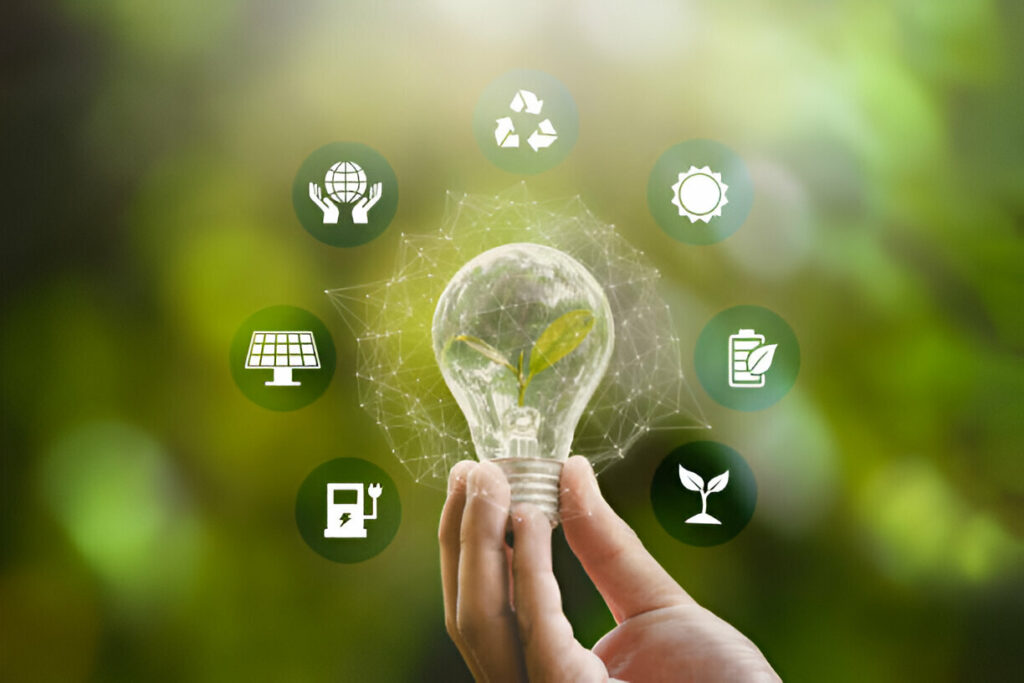In 2025, the idea of an energy efficient home has gone from being a trend to a necessity. With increasing energy costs and growing environmental concerns, homeowners are actively seeking smart ways to reduce their energy consumption without sacrificing comfort. This blog explores 10 smart strategies to create an energy efficient home and cut costs, all while contributing positively to the planet.
1. Upgrade to Smart Thermostats
A smart thermostat is a must-have in any energy efficient home. These devices learn your habits, adjust heating and cooling automatically, and can be controlled remotely. By optimizing temperature regulation, you can save significantly on your energy bill.
2. Install Energy-Efficient Windows
Old, drafty windows can lead to significant heat loss. Upgrading to double or triple-pane energy-efficient windows can help maintain indoor temperatures and reduce heating or cooling needs. Look for Energy Star-rated windows for the best results.
3. Switch to LED Lighting
Traditional incandescent bulbs waste a lot of energy as heat. Replacing them with LED lights uses at least 75% less energy and lasts 25 times longer, making your home not only more efficient but also more cost-effective in the long run.
4. Use Smart Power Strips
Electronics consume power even when they’re off. Smart power strips cut power to devices that aren’t in use, helping to reduce phantom energy drain and contributing to a more energy efficient home.
5. Upgrade to Energy Star Appliances
Whether it’s your refrigerator, washing machine, or dishwasher, appliances with the Energy Star label are designed to use less electricity and water. Investing in these can lead to substantial savings over time.
6. Insulate Your Home Properly
Insulation is key to maintaining your home’s temperature. Focus on insulating the attic, walls, and basement. Proper insulation reduces the demand on your HVAC system, helping you save energy and money.
7. Harness Solar Power
Installing solar panels may require upfront investment, but the long-term benefits are undeniable. Solar power significantly reduces electricity bills and adds value to your energy efficient home.
8. Embrace Passive Solar Design
Passive solar design involves strategically placing windows and using materials that absorb and release solar energy. This reduces the need for artificial heating and lighting, especially in sunny climates.
9. Use Low-Flow Fixtures
Water heating is a major energy expense. By installing low-flow showerheads and faucets, you can reduce hot water use, contributing to a more sustainable and energy efficient home.
10. Monitor and Track Energy Usage
Smart energy monitors allow you to see which appliances are using the most energy and when. Tracking usage helps you identify inefficiencies and adjust behaviors or devices accordingly.
Smart Resources for Creating an Energy Efficient Home
Before we conclude, it’s essential to leverage trusted resources that can assist in your journey to a more efficient lifestyle. For example, you can visit the U.S. Department of Energy’s Energy Saver Guide to get comprehensive tips and checklists. It’s a great resource that provides up-to-date information on making your home more efficient.
Final Thoughts
Building an energy efficient home in 2025 doesn’t require a complete overhaul. By integrating even a few of these smart practices, you can make a significant impact on both your utility bills and the environment. As technology advances, energy efficiency will continue to be a cornerstone of sustainable living.
Take the first step today, and turn your home into a smart, energy-saving sanctuary.




